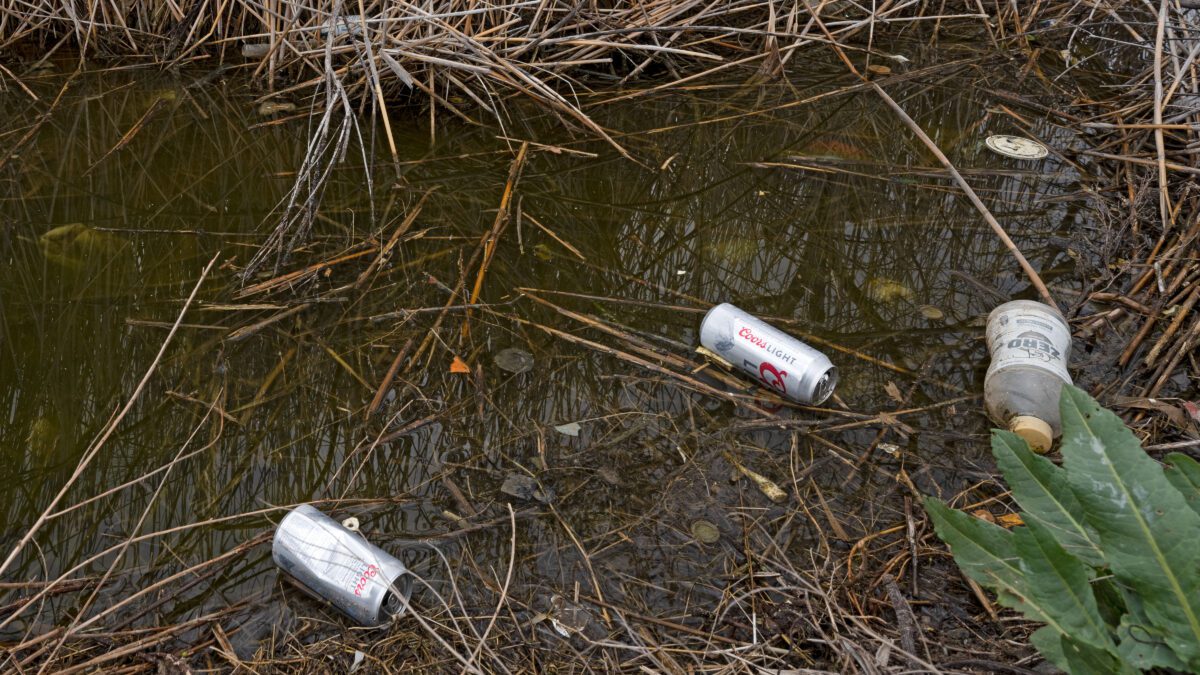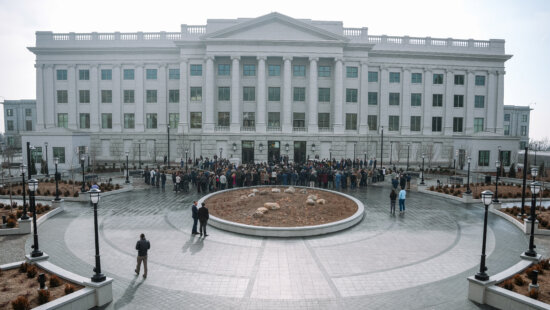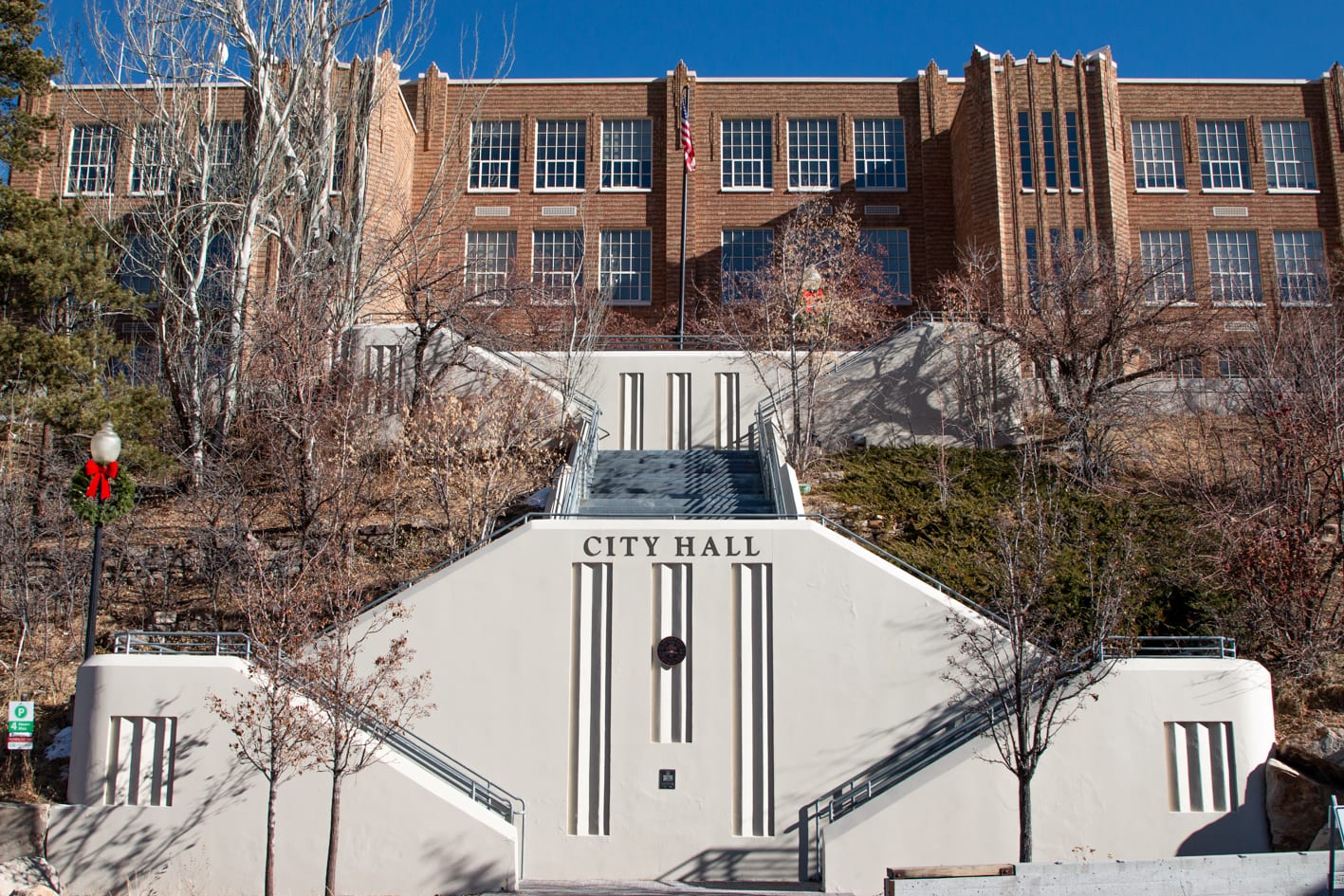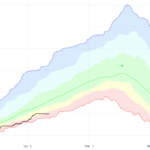Community
Earth Week: Recycling in Utah and helping the environment

Litter at the entrance to Farmington Bay Trailhead. Photo: TownLift // Kevin Cody.
PARK CITY, Utah — Recycling is one of the easiest and most effective ways to help the planet.
In many cases, recycling pick up at a home or apartment complex is included with trash pick up. While much of the U.S. does not go as far as other countries in which there are fines for having too much trash in a month to encourage composting and recycling efforts, the process of recycling in Utah is relatively painless and has only become easier with the addition of the Utah Department of Environmental Quality’s Recycling and Solid Waste Facility Locator Map.
A home recycling bin can be used for nearly every recyclable item, but there are exceptions. Plastic grocery bags, glass bottles, styrofoam, electronics and batteries, hazardous waste, and light bulbs are some items listed on the DEQ website as not recyclable in a recycling bin. Batteries, for example, can be taken to one of the many recycling facilities around the state, including Recycle Utah in Park City.
To find the right place to take items easier, the DEQ created the Statewide Recycling Data Initiative, including the new locator map. The other purpose is to collect data that can be used to assess all aspects of recycling, composting, and the amount of waste generated in the state. Ultimately the goal is to reduce waste and encourage the public to do their part.
The planet as a whole has a human-caused problem with waste. Whether filling up landfills or outright littering, there are consequences for decisions made by humans. Wildlife has been particularly affected, with the classic example of sea turtles mistaking clear plastics for jellyfish and ingesting them. In Utah, there are many examples of littering, almost reaching the point of dumping right next to and sometimes within wildlife-designated areas.
In an Earth Day press release, the Utah Division of Wildlife Resources said this on the connection between trash, littering, and wildlife:
“litter and trash can harm wildlife in several ways. If animals eat paper, plastic, or food pieces, it can cause digestive issues, which can potentially be fatal. When people throw trash and food scraps out of their cars, it can also attract more wildlife to the side of the road, which can increase the likelihood of vehicle/wildlife collisions. Fish and wildlife can also get caught and tangled in trash and other debris, which can impair their ability to eat or move, also resulting in fatalities. Garbage and litter can also negatively impact wildlife habitats.”
With Earth Day on Saturday, thinking about our impact as a society is a good way to take in the day. Simply taking the extra step to look for an alternative to single-use plastic or using the new locator map to find the location to take glass to be recycled are easy choices that can have a large impact when we all do it together.
For tips on understanding recycling labels, visit the How 2 Recycle website. In addition to the recycling locator map, Earth911 and BeRecycled.org also have a large list of where to take items based on your local zip code.
We have a new interactive map to help you find the closest place to recycle and dispose of solid waste and used oil.
The Statewide Recycling Data Initiative aims to understand our recycling rate while identifying areas for improvement.
Learn more at https://t.co/W1poWW1wne.
— Utah DEQ (@UtahDEQ) April 11, 2023



















